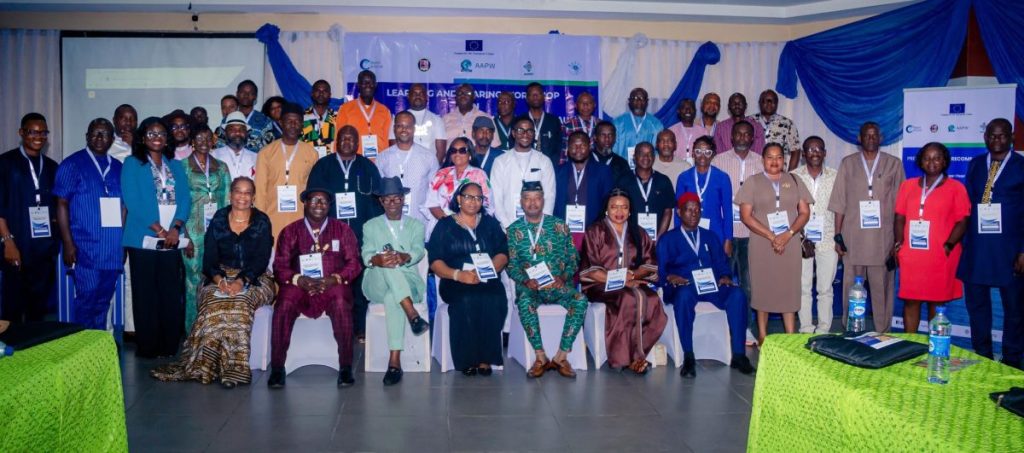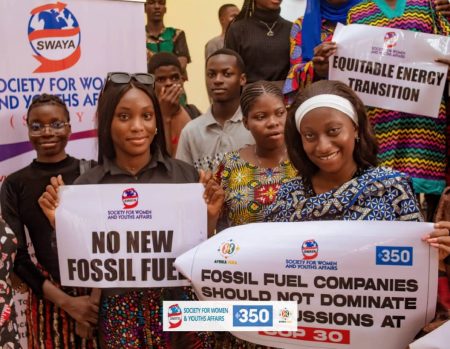
Mkpoikana Udoma
Port Harcourt — Environmental experts have sounded the alarm that coastal communities in Rivers State and across the Niger Delta could vanish by 2050, if urgent action is not taken to enforce environmental protection laws.
The warning came during a learning and sharing workshop on conflict in coastal communities, organized in Port Harcourt by Academic Associates PeaceWorks, AAPW, and funded by the European Union through the C7 project.
Declaring the workshop open, Dr. Judith Burdin Asuni, Executive Director of AAPW, highlighted the devastating impact of climate change on the region, stressing that rising sea levels and persistent flooding have fueled displacement and increased competition over shrinking resources, escalating communal conflicts.
Asuni urged immediate action, and called for stricter enforcement of environmental laws and stronger government intervention to avert a looming humanitarian and ecological crisis.
Participants pointed to the growing dangers of surging tides and rising seas, which have forced many communities from their ancestral lands and triggered repeated land disputes and social tensions.
Also speaking, Deputy Director of AAPW, Ambassador Nkoyo Toyo, called for urgent enforcement of environmental regulations to curb land encroachment, preserve aquatic biodiversity, and manage climate-induced migration.
“The coastal region, spanning hundreds of kilometres, is a fragile ecosystem under threat from multiple angles, with climate change being among the most critical,” Toyo said.
She further warned that Nigeria’s weak environmental regulation has worsened the crisis.
“Environmental degradation is directly linked to the unregulated practices of oil companies operating in the region. Nigeria’s failure to regulate emissions and enforce environmental standards has worsened the crisis,” she added, citing the black soot pollution in Port Harcourt as a visible consequence.
Toyo stressed that environmental breakdown is a major driver of violent conflict.
“When people are displaced and resources become scarce, tensions rise. You cannot address conflict without addressing environmental and climate issues, they are interconnected,” she said.
She also urged a holistic approach to environmental enforcement involving traditional leaders, policymakers, and security agencies, noting that traditional conservation practices such as seasonal fishing bans to protect mangroves are being undermined by external actors.
The workshop also examined the opportunities presented by the Petroleum Industry Act, PIA, for building infrastructure that could shield coastal communities from the devastating impacts of sea level rise and flooding.
Representing the Rivers State Ministry of Environment’s Climate Change Desk, Nimi Elele, echoed the experts’ concerns, warning that entire communities face imminent destruction unless drastic measures are taken.
“During the rainy season, sea-level rise leads to severe flooding that damages infrastructure and forces people to migrate inland, increasing social risks such as child molestation and sexual abuse,” Elele said.
“Fishing yields have also dropped significantly, pushing many coastal dwellers into poverty and hunger,” she added.
Participants from Bayelsa, Akwa Ibom, Cross River, Delta, and Rivers States issued a passionate plea for immediate government intervention. They called for stronger public awareness campaigns on climate change and advocated for sustainable policies to protect vulnerable communities and future generations.



